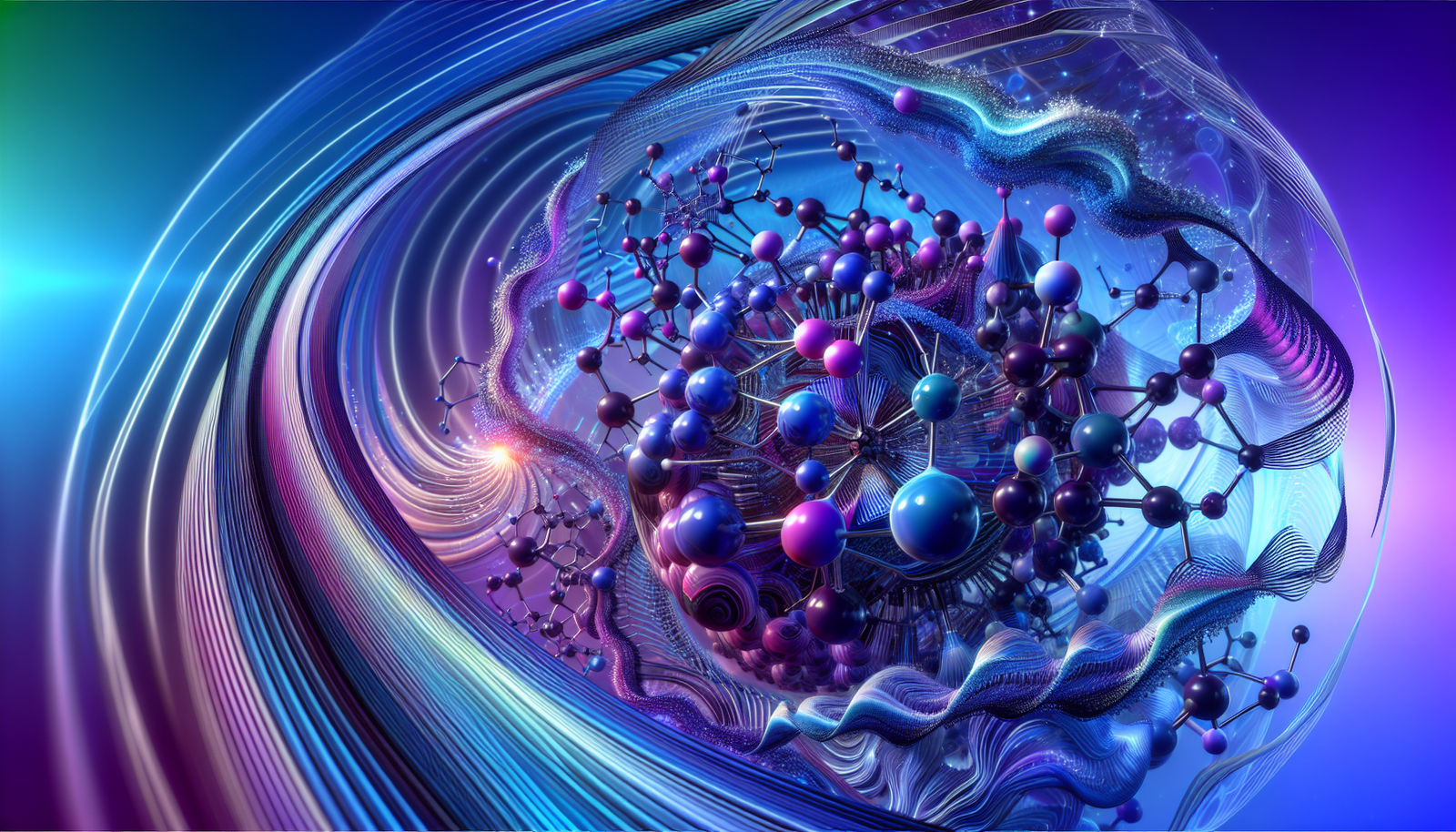Advances in Generative Models in Chemistry
Generative artificial intelligence models continue to evolve, particularly in the fields of chemistry and biology. Tools such as AlphaFold are already demonstrating their value by predicting molecular structures, which accelerates the drug discovery process. The development of the RFdiffusion model, in collaboration with MIT, illustrates the innovative capacity in designing new proteins.
MDGen: A New Approach to Simulating Molecular Movements
The MIT Computer Science and Artificial Intelligence Laboratory (CSAIL) recently introduced MDGen, a generative model capable of simulating the dynamic behaviors of molecules. Unlike classical methods that attempt to model these changes based on prior data, MDGen employs a diffusion approach to generate realistic video sequences of molecular structures in motion.
The Limitations of Classical Simulations
Computer-based physical simulations, typically conducted through molecular dynamics, require considerable resources. It is worth noting that this necessitates billions of time steps on supercomputers. MDGen positions itself as a potential solution to this constraint, capable of producing results up to 100 times faster than traditional methods while maintaining a high fidelity of simulations.
Remarkable Performance of MDGen
Experiments have shown that MDGen can generate molecular trajectories over time scales of up to 100 nanoseconds. By reusing a 3D framework of a molecule, the model has been able to generate subsequent states efficiently. The generation process took place in about a minute, whereas it would have taken three hours for reference models.
Improvements and Future Perspectives
The model also has the capability of “inpainting,” allowing for the restoration of molecular structures by completing missing information. This feature could prove crucial for the development of proteins based on detailed specifications indicating their desired movements.
A New Paradigm in Protein Modeling
MDGen represents a breakthrough compared to earlier work in generative artificial intelligence. By generating frameworks in parallel, it paves the way for more varied use cases. This model can thus connect static images while adding fluidity to the video progression.
Expanding the Range of Applications
Researchers are considering extending the architecture of MDGen to include predictive applications regarding the evolution of proteins over time. Current studies rely on simplified systems, but the ambition is to develop a sufficiently large data repository to compose these models.
A Promising Future for AI and Chemistry
The results obtained by MDGen are regarded as significant progress toward effective modeling of invisible molecular dynamics. The generated simulations could serve to deepen the study of drug prototypes intended to treat diseases such as cancer. The potential applications in this field are numerous, and all eyes are turned toward the future of this technology…
Frequently Asked Questions about Generative Video Models of the Molecular World
What is a generative video model in the molecular context?
A generative video model in the molecular context is a computer system that uses artificial intelligence to simulate and visualize the movements and interactions of molecules through video sequences, thereby making molecular dynamics more comprehensible.
How do generative models improve protein research?
These models enable the prediction of protein structures and movements, thus facilitating the design of new drugs and the study of their interactions with other molecules, which is essential for the discovery of new therapies.
What are the advantages of using video models compared to traditional physical simulations?
Video models provide a faster simulation of molecular movements, making research more efficient by reducing the necessary computation time and allowing for dynamic observation of complex behaviors.
What role does MDGen play in molecular simulations?
MDGen is a generative model that learns from previous data to predict the evolution of molecules in real time, allowing for more accurate and faster simulation of molecular behavior than traditional models.
Can these models be used to study diseases like cancer?
Yes, these models are designed to analyze how drug prototypes interact with molecular structures, which is essential for designing treatments that specifically target diseases such as cancer.
What is the impact of generative AI on pharmaceutical discovery?
Generative AI significantly reduces research time and costs by facilitating the search for new molecules and allowing for detailed simulations of the pharmacological behavior of compounds.
What are the limitations of generative video models to date?
The models still require massive and varied data to be fully effective, and they sometimes lack precision in simulating the complex movements of molecules, necessitating future improvements.
What is the difference between traditional molecular models and generative approaches?
Traditional molecular models use static techniques and calculations based on predefined steps, while generative approaches create dynamic simulations that anticipate and model behaviors in real time.
How do researchers measure the accuracy of generative models?
Researchers compare the results of their generative models with experimental data or established physical simulations to evaluate their accuracy, considering molecular trajectories and expected interactions.






